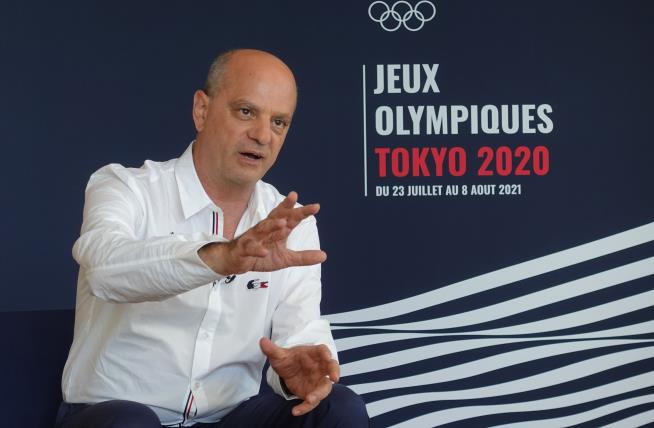Nonbinary Pronoun Causes Uproar in France

https://img2-azrcdn.newser.com/image/1387207-11-20211129153028-france-split-nonbinary-pronoun.jpeg
A move toward accepting gender-neutral language has, predictably, caused controversy in France, where every noun has a gender and a conservative 386-year-old institute works to keep the language "pure."
One of the country's most influential dictionaries is facing a backlash after including the nonbinary pronoun "iel” in its latest edition, the New York Times reports. Education Minister Jean-Michel Blanquer spoke out against "manipulating" the French language, saying "inclusive writing is not the future of the French language."
Blanquer and other traditionalists have warned against importing "woke"—"wokisme" in French—ideology from American campuses.
The new pronoun included in the Le Petit Robert dictionary is a mixture of the male pronoun "il" and the female pronoun "elle" but while it is starting to catch on with younger people, it is far from widely used, the AP reports.
Brigitte Macron, France's first lady, joined the debate on the side of the traditionalists.
"There are two pronouns: he and she," she said. "Our language is beautiful. And two pronouns are appropriate."
Le Robert director Charles Bimbenet argued that the dictionary's job is to observe and report on the language as it changes.
"Defining the words that speak of the world is to help understand it better," he said, per Voice of America.
Dorah Claude, a doctoral student who identifies as "iel," tells the AP that it is "very important that dictionaries include the 'iel' pronoun in their referencing as it reflects how the use of the term is now well accepted."
The rival Larousse dictionary, however, has rejected what it calls a "pseudo pronoun," the Times reports. Larousse lexicographer Bernard Cerquiglini said "pronouns have not changed since the fourth century."
The Academie Francaise, considered the country's top authority on the language, warned against gender-neutral language in 2017 but it has yet to weigh on on "iel."
QUESTIONS:
1) Talk about the introduction of gender-neutral expressions to the French language.
2) Explain how the nonbinary pronoun was coined. How come many traditionalists strongly felt against the use of "iel."
3) On the other hand, what do the young people and LGBT members think about the change in the language?
4) Do you agree using pseudo pronouns can also destroy the beauty of the French language? Why or why not?
5) Is there a possible demerit to the utilization of conservative and inflexible languages and dialects? What made you say so?
VOCABULARY:
nonbinary pronoun - words used in place of nouns that applies to a person who does not identify as "male" or "female"
